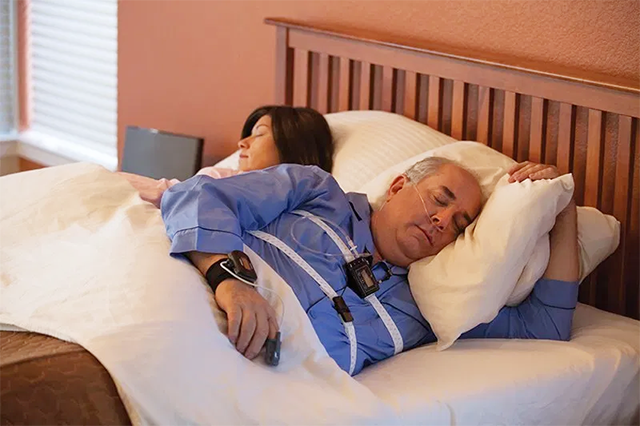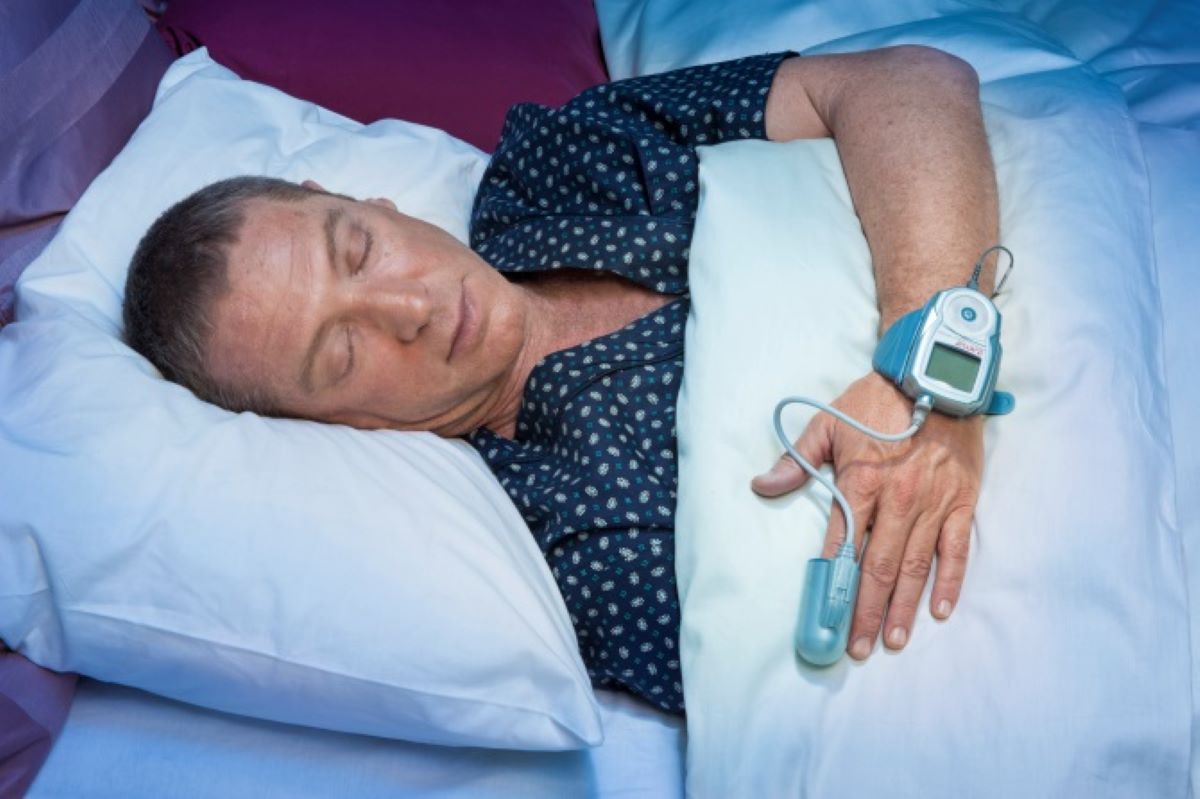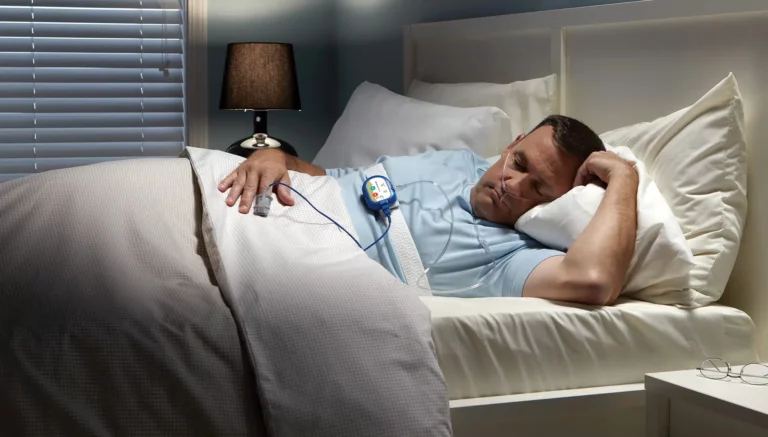Home Sleep Study in Adelaide: Convenient Testing from the Comfort of Your Bed
Sleep is an essential component of overall health and well-being, yet many individuals struggle with sleep disorders that can significantly impact their quality of life. In Adelaide, the advent of home sleep studies has revolutionised the way sleep disorders are diagnosed and managed. This innovative approach allows patients to undergo testing in the comfort of their own beds, providing a convenient and effective alternative to traditional sleep clinics. This article explores the ins and outs of home sleep studies, including their benefits, the process involved, and the types of sleep disorders they can help diagnose.
Understanding Home Sleep Studies
A home sleep study, also known as a home sleep apnea test (HSAT), is a diagnostic tool designed to evaluate sleep patterns and identify potential sleep disorders, particularly obstructive sleep apnoea (OSA). Unlike in-lab sleep studies, which require an overnight stay in a sleep clinic, home sleep studies allow patients to monitor their sleep in a familiar environment.
This method of testing has gained popularity due to its convenience and accessibility. Patients can complete the study without the need for extensive travel or the discomfort of sleeping in an unfamiliar setting. Home sleep studies typically involve the use of portable monitoring devices that track various physiological parameters during sleep.
How Home Sleep Studies Work
The process of a home sleep study is relatively straightforward. After a consultation with a healthcare provider, patients are provided with a portable monitoring device that they will use at home. This device is designed to measure key indicators of sleep quality, including:
- Oxygen levels: Monitors the amount of oxygen in the blood, which can indicate breathing difficulties during sleep.
- Heart rate: Tracks the heart’s rhythm and can reveal irregularities associated with sleep disorders.
- Breathing patterns: Measures airflow and detects apnoeic events (pauses in breathing).
- Body position: Records the position in which the patient sleeps, as this can influence the severity of certain sleep disorders.
Once the patient has completed the study, the data collected is analysed by a sleep specialist. The results are typically available within a few days, allowing for timely diagnosis and treatment recommendations.
Benefits of Home Sleep Studies
There are several advantages to opting for a home sleep study over a traditional in-lab sleep study. Some of the key benefits include:
- Comfort: Patients can sleep in their own bed, which can lead to more natural sleep patterns and accurate results.
- Convenience: Home sleep studies can be scheduled at the patient’s convenience, eliminating the need for travel and time off work.
- Cost-effective: Home sleep studies are often less expensive than in-lab studies, making them a more accessible option for many individuals.
- Reduced anxiety: For some patients, the thought of sleeping in a clinical environment can be stressful. Home studies help alleviate this anxiety.
Who Should Consider a Home Sleep Study?
Home sleep studies are particularly beneficial for individuals who exhibit symptoms of sleep disorders. Common signs that may indicate the need for a sleep study include:
- Excessive daytime sleepiness
- Loud snoring
- Choking or gasping during sleep
- Frequent awakenings during the night
- Morning headaches
- Difficulty concentrating or memory issues
Individuals with a history of cardiovascular disease, obesity, or diabetes are also at a higher risk for sleep disorders and may benefit from undergoing a home sleep study. Consulting with a healthcare provider can help determine if a sleep test Adelaide is appropriate and beneficial for their condition.
Preparing for a Home Sleep Study
Preparation for a home sleep study is relatively simple. Patients are typically advised to follow these steps:
- Consultation: Schedule an appointment with a healthcare provider to discuss symptoms and determine the need for a sleep study.
- Device Familiarisation: Before the study, patients should familiarise themselves with the monitoring device and its components to ensure a smooth testing experience.
- Sleep Hygiene: Maintain good sleep hygiene in the days leading up to the study, including avoiding caffeine and alcohol, and keeping a consistent sleep schedule.
- Follow Instructions: Adhere to any specific instructions provided by the healthcare provider regarding the use of the monitoring device.
Interpreting the Results
After the home sleep study is completed, the data collected will be analysed by a qualified sleep specialist. The results will indicate whether any sleep disorders are present, and if so, the severity of the condition. Common findings from a home sleep study may include:
- Apnoea-Hypopnoea Index (AHI): A measure of the number of apnoeic events per hour of sleep.
- Oxygen desaturation levels: The lowest oxygen saturation recorded during the study.
- Sleep architecture: Information about the different stages of sleep experienced during the night.
Based on these results, the sleep specialist will recommend appropriate treatment options, which may include lifestyle changes, continuous positive airway pressure (CPAP) therapy, or further evaluation by a sleep clinic if necessary.

Potential Limitations of Home Sleep Studies
While home sleep studies offer numerous advantages, they may not be suitable for everyone. Some potential limitations include:
- Inability to diagnose complex sleep disorders: Home sleep studies are primarily designed to diagnose obstructive sleep apnoea and may not be effective for other sleep disorders, such as central sleep apnoea or narcolepsy.
- Technical issues: Patients may encounter difficulties with the monitoring device, which could affect the quality of the data collected.
- Limited monitoring: Home studies may not capture all aspects of sleep, such as brain activity, which can be assessed in a laboratory setting.
Conclusion
Home sleep studies represent a significant advancement in the diagnosis and management of sleep disorders. By allowing patients to undergo testing in the comfort of their own homes, these studies offer a convenient, cost-effective, and less stressful alternative to traditional sleep clinics. For individuals experiencing symptoms of sleep disorders, consulting with a healthcare provider about the possibility of a home sleep study can be a crucial step towards achieving better sleep and overall health.
As awareness of sleep health continues to grow, the availability and utilisation of home sleep studies in Adelaide are likely to increase, providing more individuals with the opportunity to address their sleep concerns effectively.
More to Read : Understanding Adelaide Sleep Study Costs: What You’ll Pay and Why




